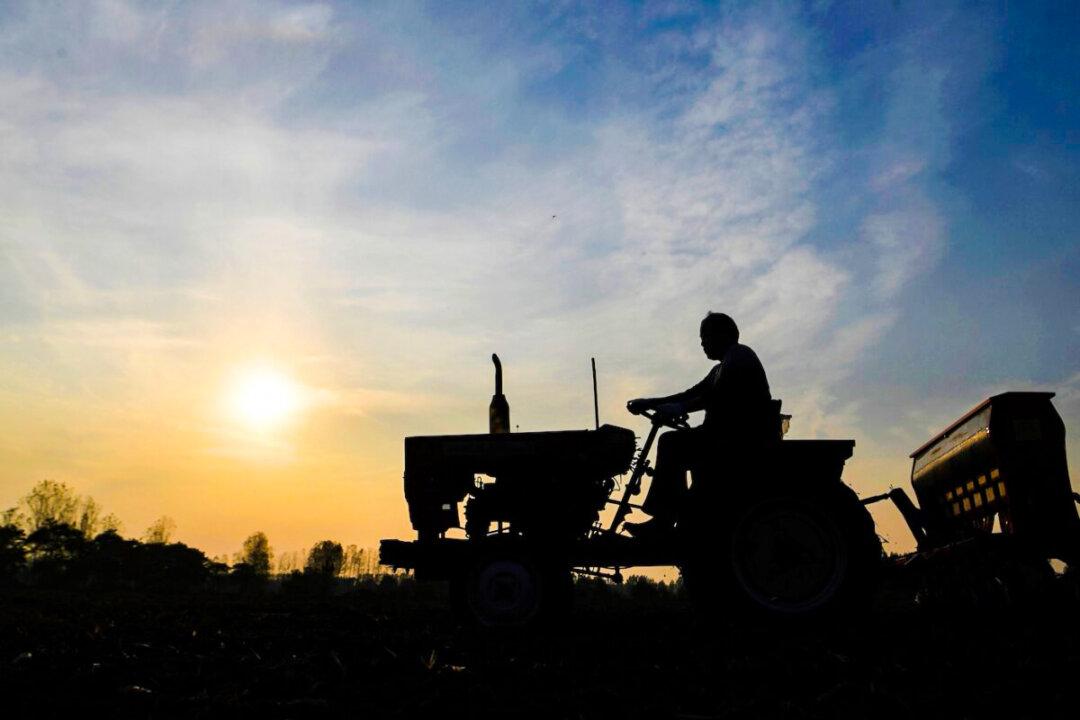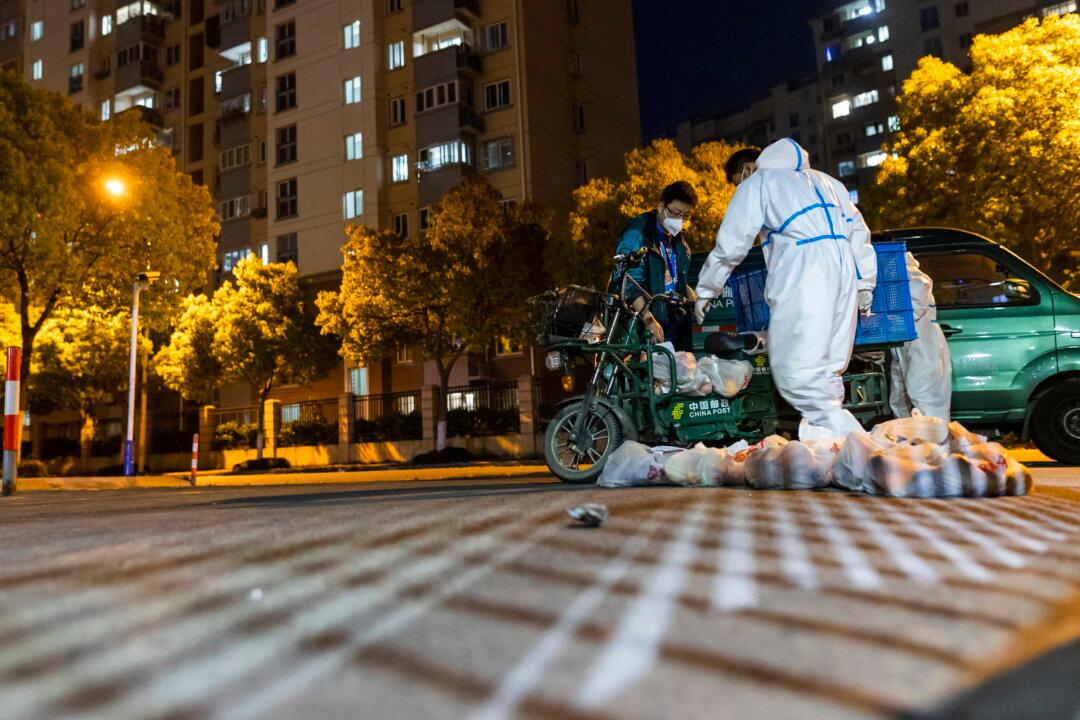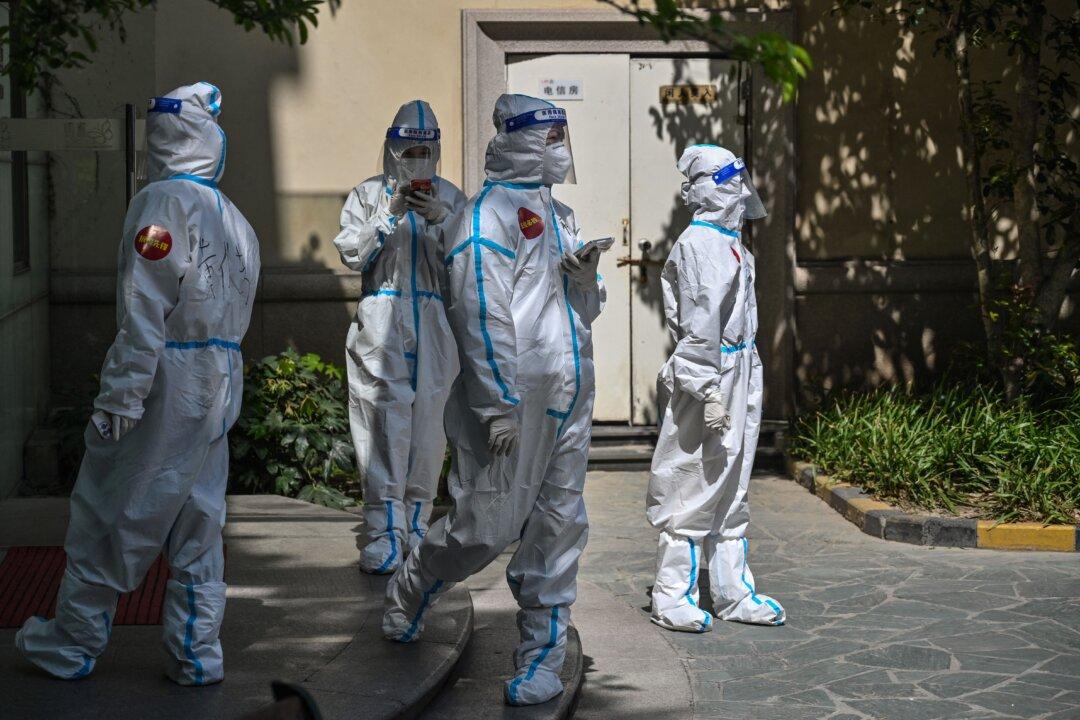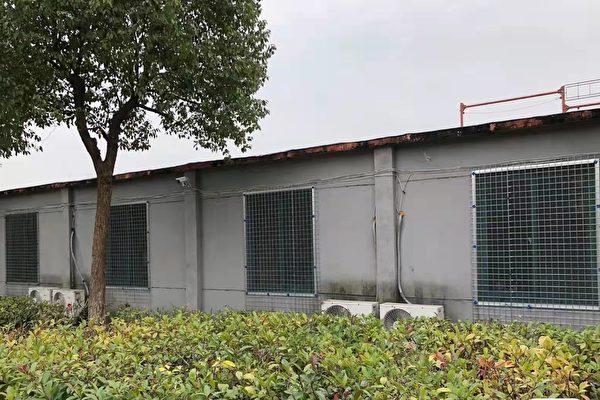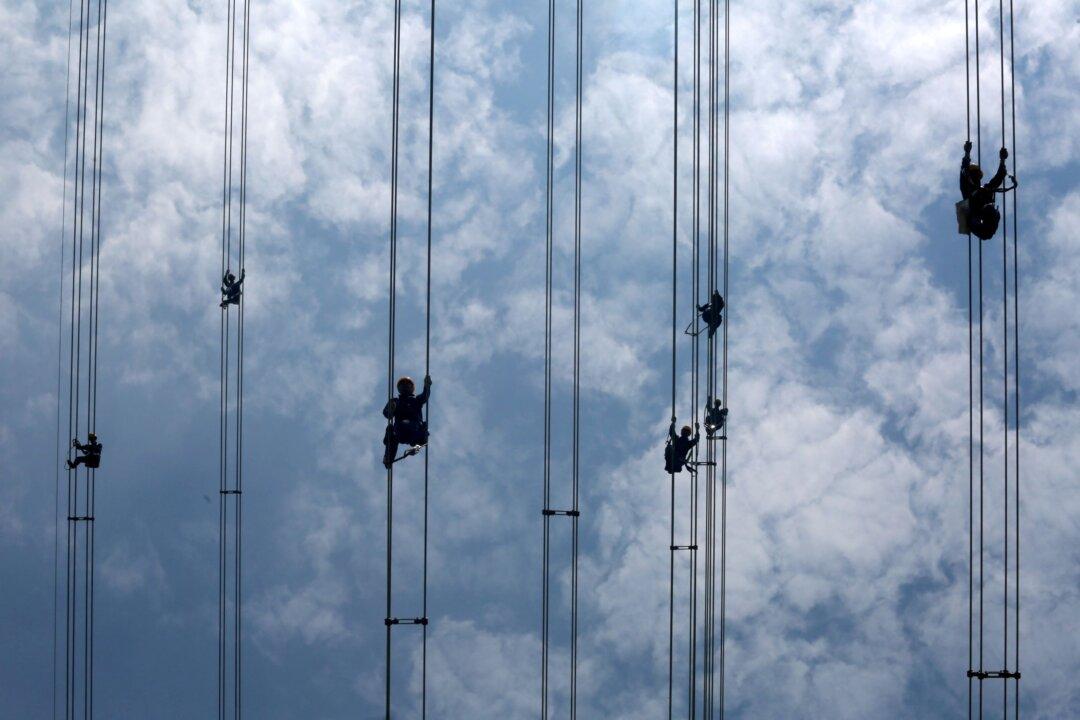Jilin Province in China has announced that efforts will continue to ensure that spring plowing continues despite a province-wide COVID-19 lockdown, even as online videos show police throughout China interrupting farmers at work in their fields.
Fearing that a delay in spring plowing could lead to a food shortage, analysts say the crisis runs beyond fallow fields: Getting viable seeds and fertilizers is the real farming crisis.
